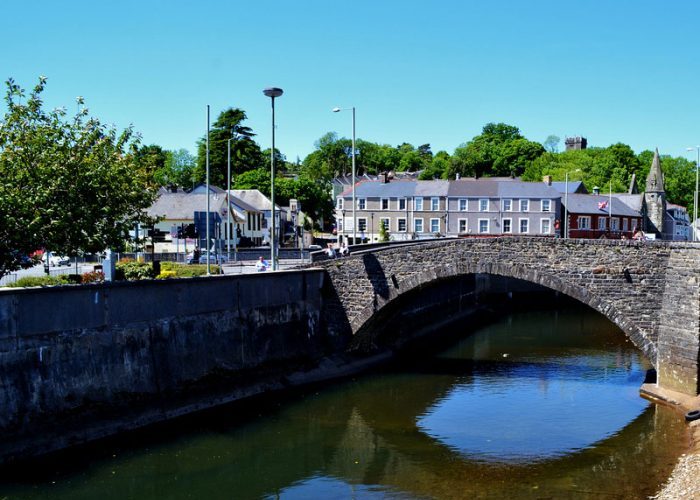Stay safe during hot weather

Residents are being urged to think twice before trying to cool off with a dip in a river, lake or pool during the hot weather.
With an amber weather warning in place across much of the UK and local temperatures reaching as high as 32 degrees this weekend, swimming in areas such as reservoirs, ponds or flooded voids increases the dangers posed by cramp, cold-water shock and unseen underwater obstacles.
The practice of ‘tombstoning’ where people jump from height into bodies of water is also highly dangerous, and has previously resulted in injuries ranging from cuts and lacerations to broken ankles and legs. It has also led to near-misses with boats, other swimmers and more.
If you are out and about during the hot weather, take steps to avoid being affected by dehydration, overheating, heat exhaustion or heat stroke, especially among children and vulnerable people.
Experts from Public Health Wales have issued the following advice to help people stay safe:
- Stay in the shade, especially between 11am-3pm.
- Cover up with a hat and loose-fitting clothing, preferably with long sleeves.
- Wear sun cream with a high sun protection factor.
- Keep warm air out by shutting windows and blinds during the day.
- Drink plenty of water, and avoid alcohol.
- Take cool showers to stop yourself getting too hot.
- Check on family, friends and neighbours, especially those who are vulnerable, elderly or who live alone.
- Consider temporarily changing your routines to avoid strenuous activity when the sun is at its hottest.
During extremely hot weather, it is also important to know the symptoms of heatstroke. This is classed as a medical emergency and you should call 999 if experiencing symptoms such as:
- Feeling unwell after 30 minutes of resting in a cool place and drinking plenty of water.
- Not sweating, even while feeling too hot.
- Having a high temperature of 40c or above.
- Experiencing fast breathing or a shortness of breath.
- Feeling confused.
- Experiencing a fit or seizure.
- Falling unconsciousness or being unresponsive.
Other warning signs to look out for include feeling dizzy, weak or anxious, or experiencing intense thirst and a headache. In such situations, you should move to a cool place as soon as possible, and drink water or fruit juice to rehydrate.
Heat cramps can be particularly painful. If you experience muscular spasms in the legs, arms or stomach following physical exertion in the heat, rest immediately in a cool place, and rehydrate with water or fruit juice.
If the heat cramps last for longer than one hour, seek medical attention, and if the symptoms persist, contact your GP.
If you are concerned about any symptoms that you or someone you know are experiencing, contact your GP or visit NHS 111 Wales to check your symptoms. You can also check here – https://111.wales.nhs.uk/selfassessments/symptomcheckers/?ScName=SunandHeatExposure&SCTId=193
More information about dealing with extreme heat is available at https://phw.nhs.wales/services-and-teams/environmental-public-health/extreme-hot-weather/hot-weather-advice-for-those-looking-after-children/